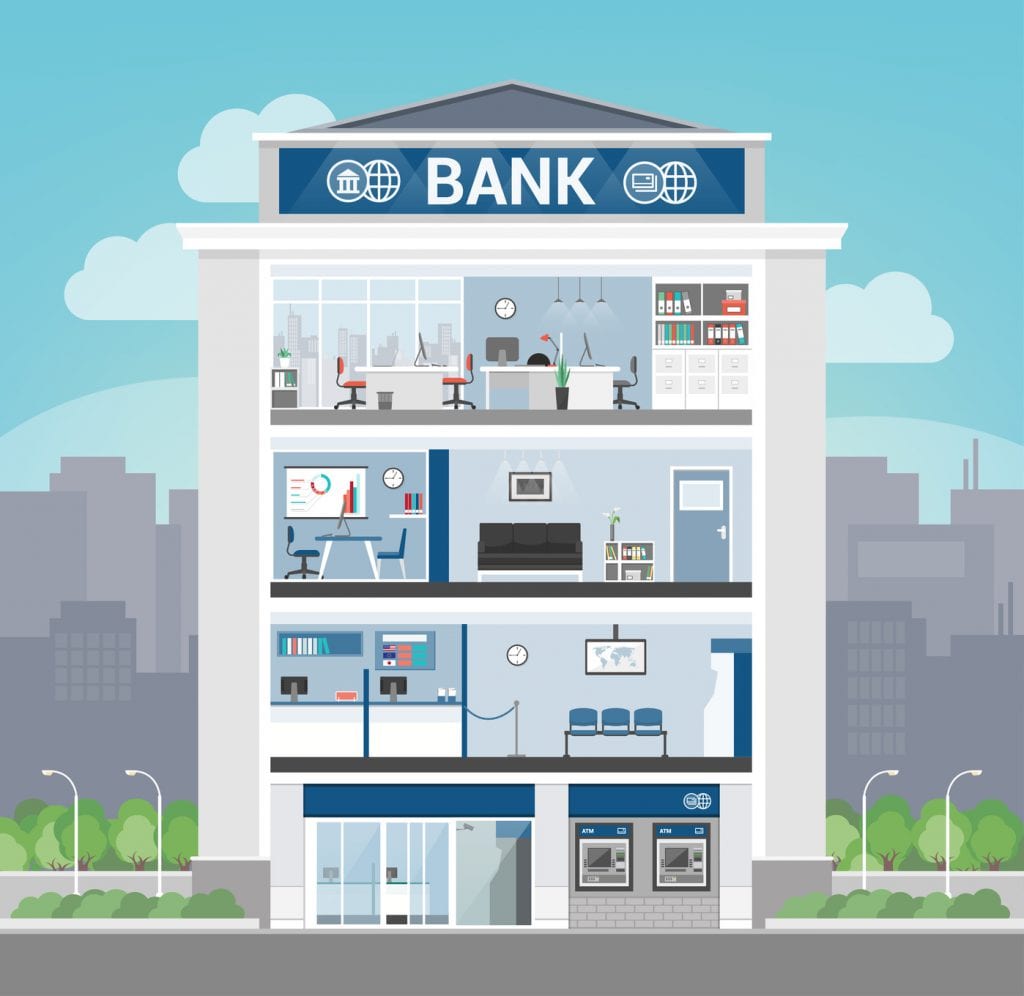Simple’s co-founder and CEO Josh Reich, now owned and integrated into BBVA, sat for an interview with Slate discussing what it’s like to start a bank. In addition to some interesting commentary on what it was like being an entrepreneur setting up a company to provide banking services in the middle of a financial crisis, there is also some insight into how Simple came to build their bank not through developing or acquiring a bank charter, but through partnerships:
When we were working on starting Simple in 2009, the plan was to go and get a banking charter. History up until roughly 2008 suggested that dozens, or a couple of hundred institutions form each year. And, um, that was not happening circa 2009. We’re starting to see things pick up again a little bit. Our friends over at Varo Money, they’re going through the process now. They’ve been pretty public about that. Hopefully that will happen. But we ended up going down a different path, which was the partnership path and then the acquisition path.
I want to be wary of falling into the grass-is-greener trap. But holding everything else equal, I think it probably would have been an easier path if we were able to get a charter. If on Day 1 we were our own bank, it would’ve been easier from a technology perspective, which is where my mind first goes. Because my background is as a technologist and I still think of myself as a technologist. I think it might also have been easier from a regulatory perspective as well. Not that regulation has been a challenge for us, but we’ve had to explain through our partner or through our parent bank, whereas I think having a direct relationship would have eased those conversations.
In addition to wishing their business had begun pursuing their own charter, another lesson learned in the process, was to take advantage of being small and create the best solution, current conventions or regulatory constraints be damned:
We chose pretty early on to ask for permission, not forgiveness when it comes to this space. That’s not the approach that everyone took. PayPal didn’t take that approach. They were so small that no one cared about them. And then they were too big to have to comply. And new regulations were written and enacted to, to let them be what they were. So one of the things that I would love to have done nine years ago when starting this was maybe launching in 2012 versus 2011 and having more of the full set of what we wanted to build done. I think it would have been easier to do when we had zero customers versus when you have hundreds of thousands of customers and have regular audits and exams from regulators.
Overview by Sarah Grotta, Director, Debit and Alternative Products Advisory Service at Mercator Advisory Group
